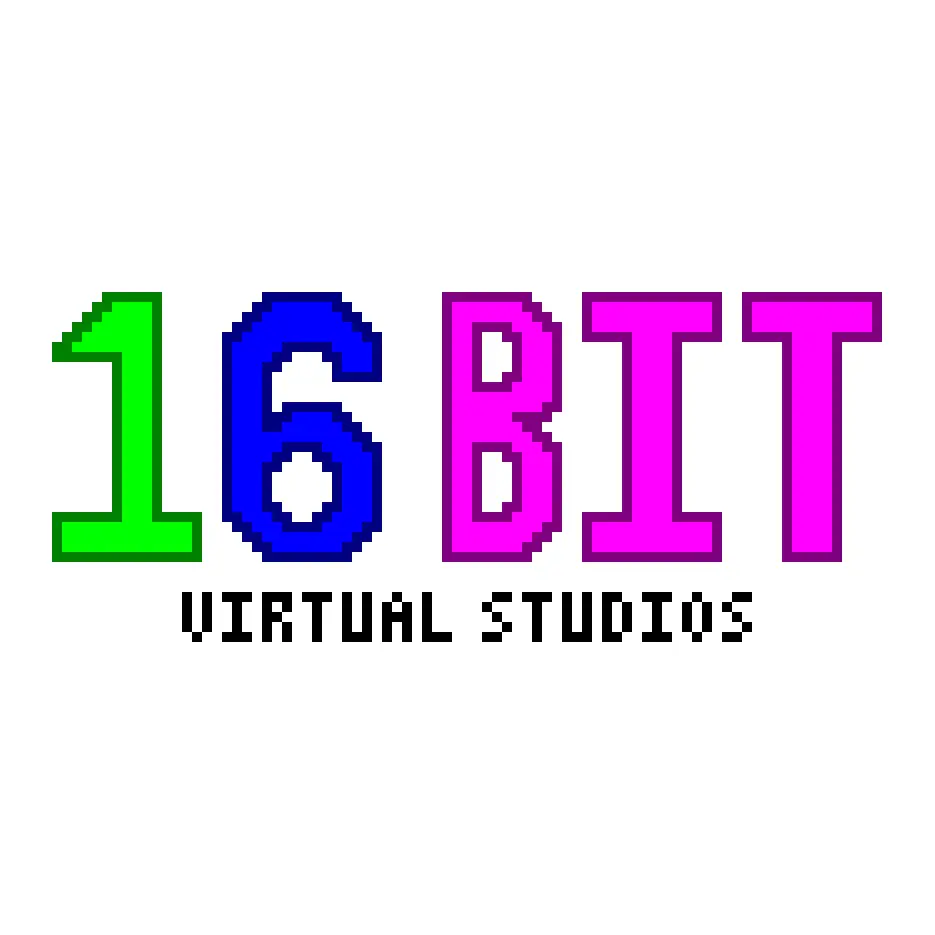Windows has been a thorn in my side for years. But ever since I started moved to Linux on my Laptop and swapping my professional software to a cross platform alternative, I’ve been dreaming on removing it from my SSD.
And as soon as I finish my last few projects, I can transition. (I want to do it now).
Trouble is which I danced my way across multiple amazing distros, I can’t decide which one to land on since the one software I want to test, Davinci Resolve doesn’t work on my Intel Powered Laptop. (curse you intel implementation of OpenCL).
So the opinions of those of you who’ve used Davinci Resolve, Unity/Godot, and/or FreeCAD. I want it to be stable with minimal down time on hardware with a AMD Ryzen 5 1600x and a RTX 3050. Here’s the OS’s I am looking at.
CentOS (alt Fedora)
- Pro: Recommended by Davinci Resolve for the OS, has good package manager GUI that separates Applications and System Software (DNF Dragon), Good support for multiple Desktop Environments I like. Game Support is excellent and about a few months behind arch.
- Con: When I last installed Fedora my OS Drives BTFS file system died a horrific and brutal death, losing all of my data. Can’t have that. And I personally do not like DNF and how slow it makes updating and browsing packages.
Debain (alt Linux Mint DE)
-
Pro: The most stable OS I’ve used, with a wide range of software support both officially in the distros package manager, or from developers own website. I am most familiar with this OS and APT
-
Cons: Ancient packages which may cause issues with Davinci Resolve and Video Games. An over reliance on the terminal to fix simple problems (though this can be said for most linux distros). I personally don’t like APT and how it manages the software.
EndevourOS (alt Manjaro)
-
Pro: The most up to date OS, great for games with the AUR giving support for a lot of software which isn’t available on other distros.
-
Cons: Manjaro has died on me once, and is a hassle to setup right and keep up. EndevourOS has no Package Manager GUI, and is over reliant on the Terminal. Can’t use pacman in a terminal the commands are confusing.
OpenSUSE Tumbleweed
-
Pro: Like Fedora but doesn’t use DNF, good game support
-
Cons: Software isn’t as well supported.
Edit: from the sounds of thing, and the advice from everyone. I think what I’ll do is an install order while testing distros (either in distro box or on a spare ssd) in the following order.
Debain/Mint DE -> OpenSUSE -> EndevourOS -> CentOS
This list is mostly due to stability and support for nvidia drivers.


I feel like I should throw in a good word for Fedora. I run a combination of dnf and flatpak, and have a grand time, and am doing an IT diploma program aimed very solidly at Windows under Fedora. I’ve used Ubuntu, Mint, and Manjaro, and landed on Fedora for my desktop experience.
Don’t use Fedora with Nvidia. Fedora also isn’t suitable for any production machine.
Fedora’s KDE spin from April forward makes this a nonissue. Plasma 6 makes Wayland and NVIDIA get along like on any other machine. Plus it’s been splendid since Fedora 35 for me.
Edit: I only use Fedora for work, so not too sure what you mean. I make detailed graphical images which are blown up sizably and have had zero issue. Also never have had a problem sharing with Apple or Windows folks (jah help them).
I personally just want stability without constant updates. I use Pop os at work as its frankly easy.
I’m no big gamer, but my gaming laptop is a Ryzen with RTX3060, and I dual boot it (Fedora and Windows 10.) I used the rpmfusion Nvidia drivers, no issue, and I get slightly better frame rates and a bit better 3D mark scores in Fedora than Windows. It’s been that way since 37 or 36, I think. Palworld, Monster Hunter World and Rise, Genshin Impact (I know, I know), Borderlands, EDF 5, all work great, along with some retro stuff like City Of Heroes and EQ99. So, I guess I’d like to know why I shouldn’t use Fedora with Nvidia? Also, when you say production machine, do you mean like a server? I’m a student.
Fedora occasionally has issues since its a testing ground for RHEL. That means its going to change things a lot and that’s bad for systems that you use for work as I personally want stability. Nvidia also has a nasty habit of breaking with kernel updates.
I would’ve mentioned that Fedora takes a solid stance of free software but that’s no longer the case.